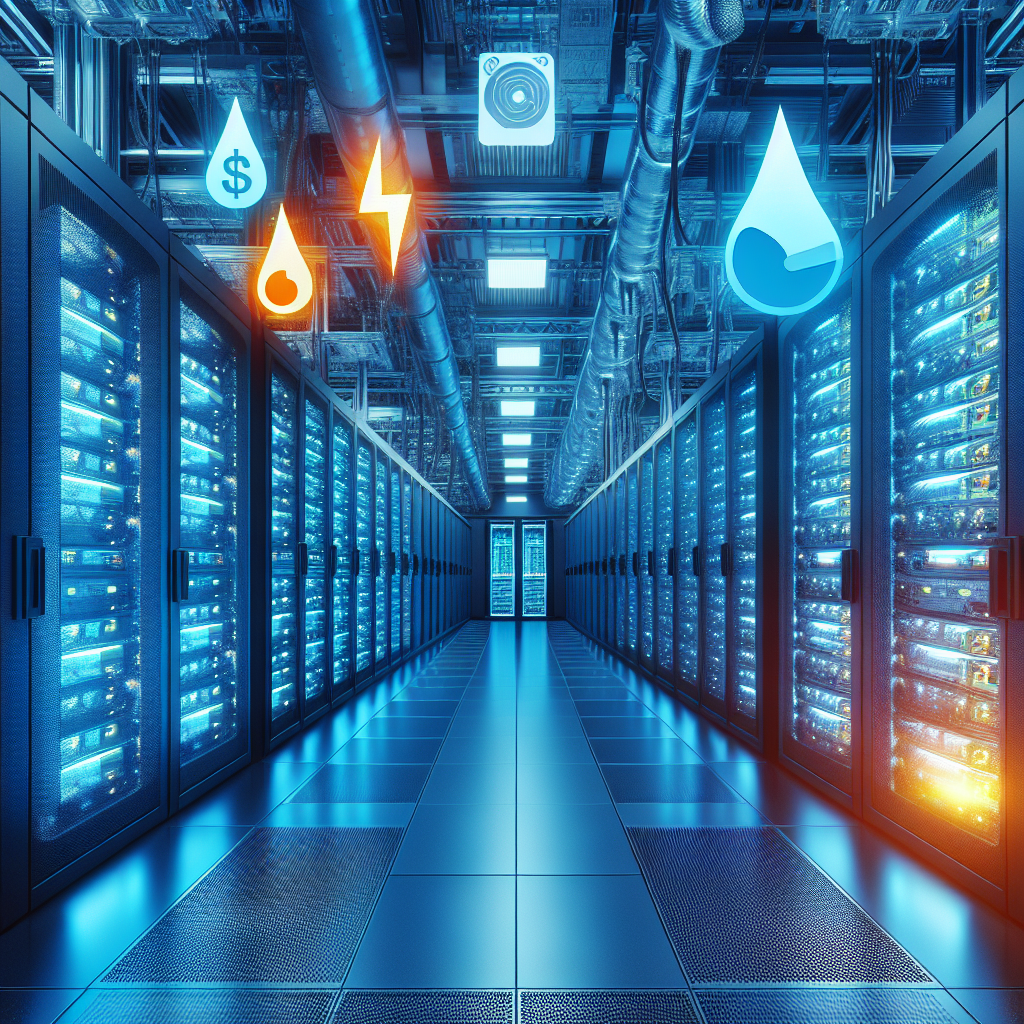Data centers are a critical component of the modern digital world, providing the infrastructure needed to store and process vast amounts of data. However, these data centers also consume a significant amount of energy, with cooling systems being one of the biggest energy consumers. Understanding the relationship between data center HVAC (heating, ventilation, and air conditioning) systems and energy consumption is key to optimizing efficiency and reducing costs.
Data centers generate a large amount of heat due to the continuous operation of servers and other equipment. The HVAC systems in data centers are responsible for maintaining optimal temperatures to prevent equipment from overheating and ensure reliable performance. However, these cooling systems can consume up to 40% of a data center’s total energy usage, making them a major contributor to operational costs.
There are several factors that influence the energy consumption of data center HVAC systems. One important factor is the design and layout of the data center. Efficient airflow management, proper insulation, and the use of containment systems can help reduce the workload on HVAC systems and improve energy efficiency.
Another key factor is the efficiency of the HVAC equipment itself. Older, inefficient systems can consume more energy than necessary, leading to higher operating costs. Upgrading to energy-efficient HVAC equipment, such as variable speed fans and precision cooling units, can help reduce energy consumption and lower operating costs.
Proper maintenance of HVAC systems is also essential for optimizing energy efficiency. Regular inspections, cleaning, and tuning of equipment can help ensure that HVAC systems are operating at peak performance and consuming the least amount of energy possible.
In addition to improving the efficiency of HVAC systems, data center operators can also take steps to reduce energy consumption through other means. Implementing virtualization and consolidation strategies to reduce the number of servers in operation can help lower heat generation and reduce the workload on HVAC systems. Utilizing free cooling methods, such as air-side economizers, can also help reduce the need for mechanical cooling and lower energy consumption.
Overall, understanding the relationship between data center HVAC systems and energy consumption is crucial for optimizing efficiency and reducing costs. By investing in energy-efficient equipment, implementing proper maintenance practices, and adopting energy-saving strategies, data center operators can minimize their environmental impact and improve their bottom line.


Leave a Reply